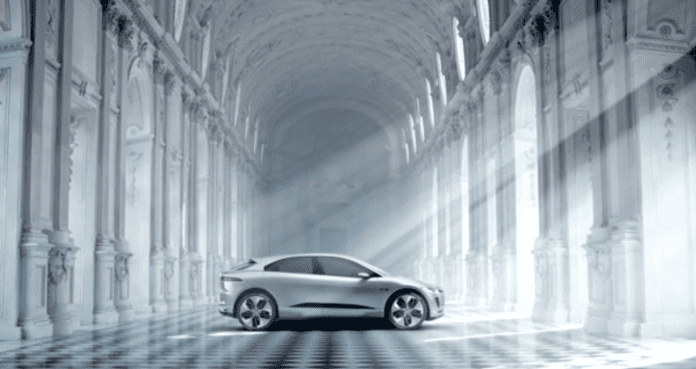In the long-term move towards autonomous vehicles divorced from the typical design paradigm of front-facing seats, steering wheels, pedals, etc…vehicles are becoming increasingly connected. Passengers and drivers can use network-based services to support a range of use cases including vehicular telemetry, personalized infotainment and more.
At the Consumer Electronics Show, chipmaker Qualcomm announced a partnership with high-end auto manufacturer Jaguar Land Rover to drive LTE-based experiences into commercial vehicles. Jaguar Land Rover tapped Qualcomm’s Snapdragon 820Am Automotive platform for what the companies called “rich, immersive and seamless connected in-vehicle experiences.”
The 820Am platform supports LTE, Wi-Fi and Bluetooth connectivity. Some of the key features Jaguar Land Rover is planning for future vehicles include for telematics, global navigation satellite system-based functions, infotainment, including rear seat entertainment systems, and digital cluster systems. The Qualcomm solution features a 64-bit CPU, Adreno 530 GPU and the capability to stream HD videos on multiple displays. The integrated X12 LTE modem can support speeds up to 600 Mbps down.
Nick Rogers, executive director of product engineering for Jaguar Land Rover discussed the increased connectivity as part of the larger move to 5G. “As the automotive industry moves towards 5G, premium automotive solutions…will help us bring ultra-fast connectivity and high performance computing to our Jaguar Land Rover line-up.”
Earlier this year, company CIO Simon Bolton discussed the automaker’s approach to digital transformation, including a focus on the move toward electric and autonomous vehicles, as well as making sense of the massive amount of data the company collects. Bolton said during Dell EMC World that “being CIO in an automotive company at the moment is a fascinating place to be. There’s so much change,” he said, “and it’s all driven by technology.”
To address the increasing move to electric-powered vehicles, Jaguar Land Rover plans to bring to market an all-electric SUV, the I-PACE, in the second half of 2018. “We’re moving very quickly to a world of electric cars primarily driven by government legislation around the world,” Bolton said. “It’s beginning to change consumer behavior.”
As to the increasing introduction of automated systems into vehicles, Bolton said, “By 2020, 2021, we’d expect to see significant autonomous capabilities in cars. Moving on to 2025…we’d expect to see much more capability in that space.”

